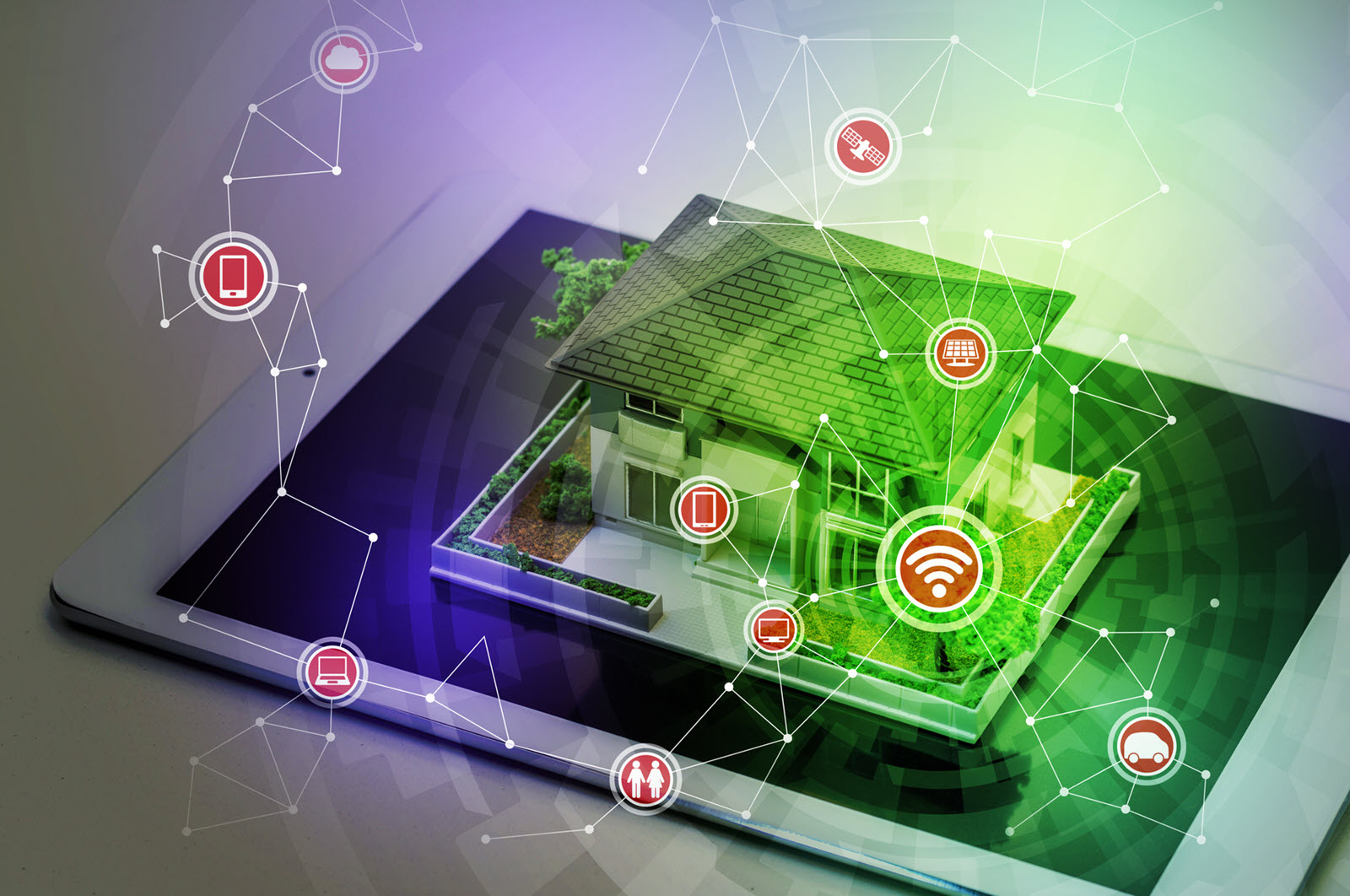As smart home technology continues to revolutionize the way we live, it’s reshaping how homeowners think about protection and risk management. The integration of smart devices—from security cameras and smart locks to thermostats and smoke detectors—has introduced a new dynamic into the world of home insurance. This modern combo offers homeowners not only enhanced control and convenience but also potential benefits in coverage, claims, and premiums.
How Smart Devices Are Changing Home Insurance
Smart devices provide real-time monitoring and automated controls that help prevent damage, reduce risks, and improve overall home safety. For insurance companies, these technologies offer valuable data and an opportunity to incentivize safer behaviors, ultimately reducing claims frequency and severity.
Key Advantages of Smart Devices for Home Insurance
- Risk Reduction: Devices like water leak detectors, smoke alarms, and smart locks can prevent or minimize damage from fire, flooding, or burglary.
- Early Detection: Real-time alerts enable homeowners to respond swiftly to issues, reducing loss severity.
- Enhanced Security: Smart security systems deter intruders and provide evidence if a claim arises.
- Data-Driven Underwriting: Insurers can leverage data from smart devices to assess risk more accurately.
- Potential Discounts: Many insurance providers offer premium discounts to policyholders who install qualifying smart devices.
Popular Smart Devices Influencing Home Insurance
1. Smart Security Systems
Featuring cameras, motion sensors, and remote monitoring, these systems reduce the risk of theft and vandalism. Insurance companies often view homes equipped with such systems as lower risk.
2. Water Leak and Freeze Detectors
Early alerts about leaks or freezing pipes help prevent costly water damage—one of the most common and expensive claims in home insurance.
3. Smart Smoke and Carbon Monoxide Detectors
Unlike traditional alarms, smart detectors send instant notifications to your phone, even when you’re away, allowing faster emergency responses.
4. Smart Thermostats
By monitoring temperature and adjusting settings automatically, these devices prevent frozen pipes and improve energy efficiency, indirectly lowering risk.
5. Automated Lighting and Smart Locks
They create the illusion of occupancy and enhance physical security, deterring burglars and reducing the chance of break-ins.
Impact on Premiums and Claims
Insurance providers increasingly recognize the value of smart devices in mitigating risks. Consequently, homeowners who invest in these technologies may qualify for lower premiums or credits. Additionally, when claims occur, data from smart devices can streamline the claims process by providing objective evidence of the incident and its timeline.
However, it’s crucial for homeowners to communicate their smart device installations to insurers to maximize these benefits. Some insurers may require specific devices or brands to qualify for discounts.
Considerations for Homeowners
- Privacy and Data Security: Smart devices collect personal data, so ensuring secure networks and privacy policies is essential.
- Device Reliability: Dependence on internet connectivity and device functionality means occasional malfunctions could affect protection.
- Insurance Policy Updates: Homeowners should review their policies to confirm coverage aligns with smart home upgrades.
- Installation Quality: Professional installation often enhances device effectiveness and may be required by insurers.
The Future of Home Insurance and Smart Technology
As technology advances, the relationship between home insurance and smart devices will deepen. Emerging innovations such as AI-driven risk analytics, integrated home automation systems, and predictive maintenance tools will further transform risk management and insurance offerings.
Insurers are exploring usage-based insurance models where premiums dynamically adjust based on real-time home activity and risk indicators. For homeowners, this signals a shift toward more personalized, proactive insurance solutions.
In summary, the integration of smart devices with home insurance represents a powerful combination that elevates home protection and offers financial incentives. By embracing this modern synergy, homeowners can enhance safety, reduce risks, and optimize their insurance coverage in today’s connected world.
